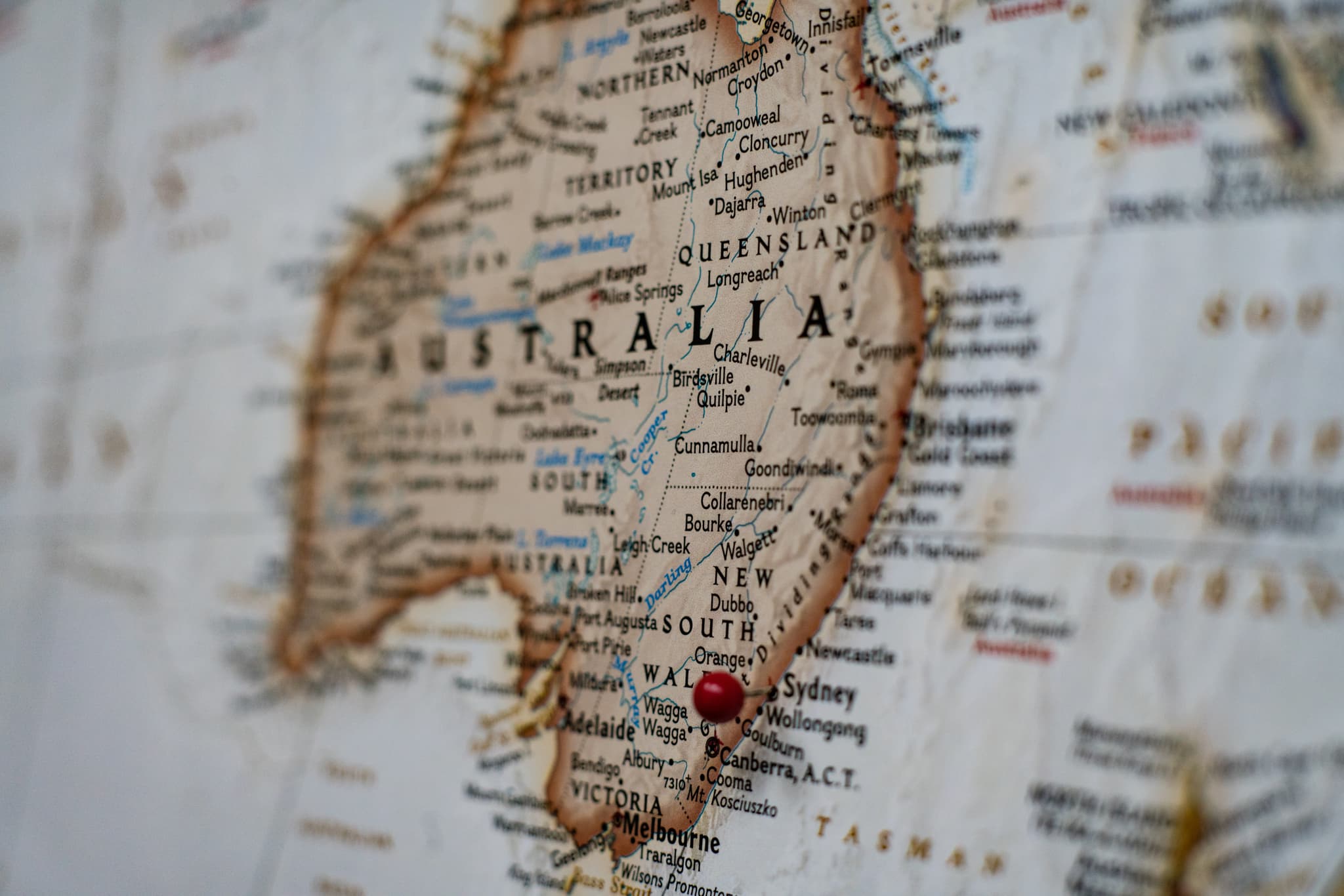Economics
Quality
Research
Understanding Children
UNICEF report puts Australia in the bottom third of countries

Freya Lucas
Oct 31, 2018
Save
In a report released yesterday, Australia has been ranked against 40 other high-income countries in relation to equality in education, and has been placed in the bottom third of the list.
The report, An Unfair Start: Inequality in Children’s Education in Rich Countries (Report Card 15) has used data to rank member countries in the European Union and the Organisation for Economic Co-operation and Development (OECD) to examine the link between children’s achievement and factors such as parental occupation, migration background, gender and school characteristics.At preschool level, Report Card 15 uses the percentage of students enrolled in organised learning one year before the official age for entering primary school as the equality indicator. For both primary school (Grade 4, around age 10) and secondary school (age 15), it uses the gap in reading scores between the lowest and highest-performing students.
Amy Lamoin, Director of Policy and Advocacy at UNICEF Australia, said that living in a rich country does not guarantee equal access to quality education, with the report finding that children in less wealthy countries often perform better at school despite fewer national resources.
Australia came out in an overall position of 30 - from a total of 41 countries - in relation to equality in educational outcomes, with preschool equality being the worst performing subset, with Australia ranking 36th on the list. The performance in the primary school space was better, with Australia ranking 25, and a ranking of 30 was achieved in the secondary school space.
Australia sat alongside New Zealand and Slovakia in the bottom third of countries for each of the indicators for quality education, with Finland, Latvia and Portugal having the most equal education systems.
The report found that one in two children in Australia, Latvia and New Zealand experience bullying at least once a month, with bullying being less apparent in Finland, Ireland and Norway, where the rate of bullying is one child in four.
Australia, along with Canada, had good outcomes for second generation immigrant children, in contrast with many other countries, with the report finding that second generation immigrant children perform better at school at age 15 than non immigrant children, which was not the norm elsewhere.
Ms Lamoin said progress for every child in Australia would be achieved by bipartisan support for quality education and an agreed approach to progress it, alongside contemporary models for educating children to think critically and independently.
Highlighting the importance of a cohesive approach, Ms Lamoin said it was vital for learnings to be shared for the benefit of all facets of education, rather than pitting sectors, states, or communities against one another.
“We need more support and training for teachers, and adaptive rather than 'back to basics' learning,” she said. “Most importantly, we need to hear from students themselves so that we have their expertise about how they learn, so that we can develop the best learning environments for them to be educated.” Ms Lamoin said.
Don’t miss a thing
Related Articles



















